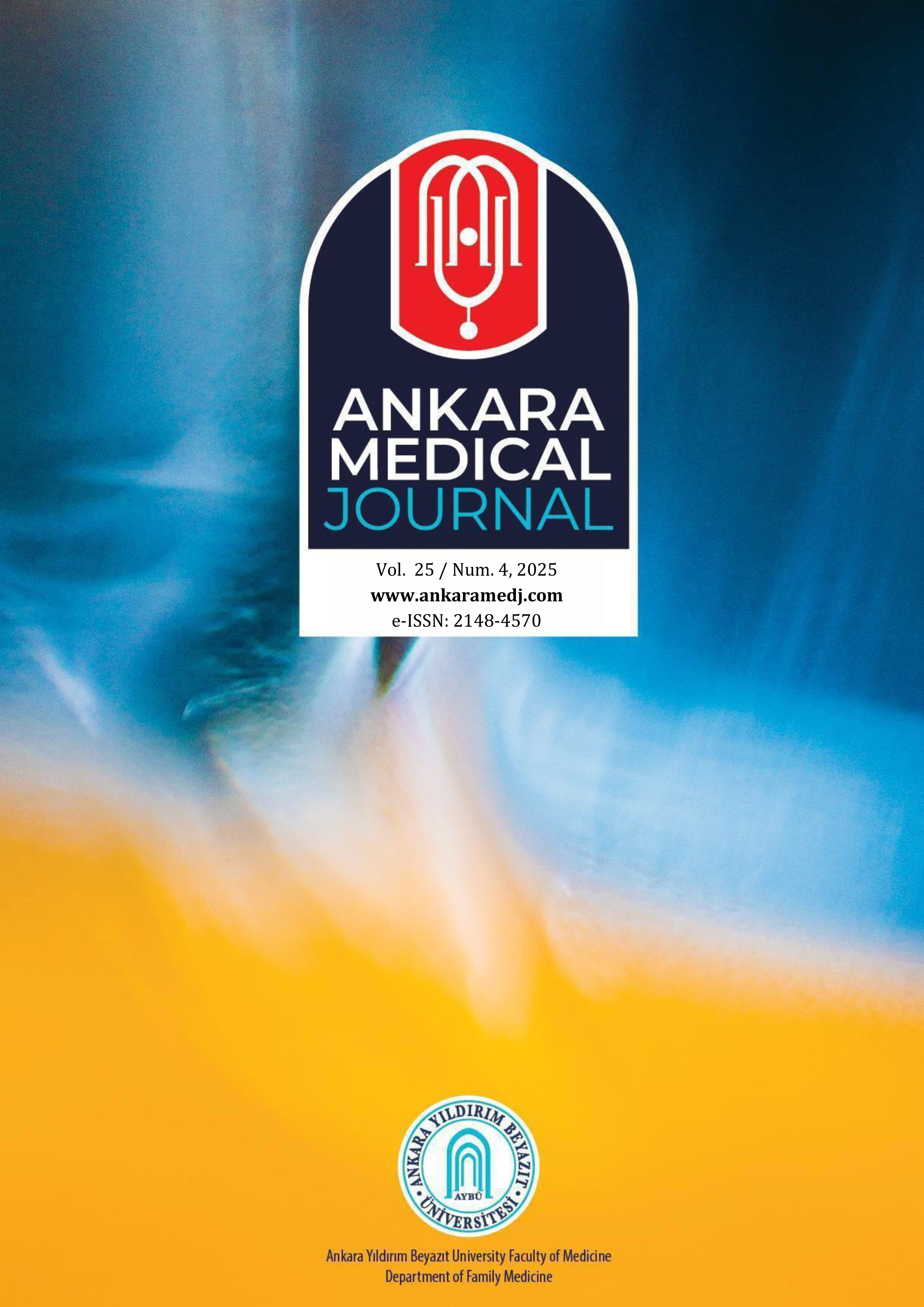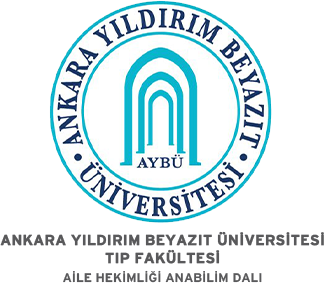Awareness adult syrian refugee women on family planning methods
Abide Aksungur1, Gülsüm Özturk Emiral2, Hamit Harun Bağcı31Ankara Provincial Health Directorate, Altındağ District Health Directorate, Ankara, Türkiye2Ankara Provincial Health Directorate, Çankaya District Health Directorate, Ankara, Türkiye
3Republic of Turkey Ministry of Health, General Directorate of Administrative Services, Ankara, Türkiye
INTRODUCTION: Refugees remain among the most vulnerable groups regarding access to family planning services due to language barriers, lack of social support, and family planning services being left behind in crisis intervention programs. We aimed to evaluate the awareness of adult Syrian women regarding family planning.
METHODS: This cross-sectional study was conducted on adult Syrian women who applied to Immigrant Health Centers (IHC) in September 2022. The sample size was calculated as 357 (95%confidence interval, 5% margin of error, and 50% frequency of not using family planning). A questionnaire designed by investigators, translated into Arabic, was applied to the participants. The Chi-Square Test was used to analyze the nominal data, and logistic regression analysis was performed.
RESULTS: The ages of participants ranged from 18-65, with a mean of 30.9±9.3 and a median of 29. The frequency of using a Family Planning Method (FPM) was 40.3% (n=146). The frequency of using FPM was found to be lower in women younger than 25 years old and primary school graduates (p<0.05 for each). The age of marriage was between 13-35, and 40.3% of the women (n=146) were married under 18 years old. It was determined that 343 (94.8%) of the participants were pregnant at least once, 157 (45.8%) of the pregnant women had at least one miscarriage, and 18 of the participants (%63.6) experienced an unplanned pregnancy. Those who have information on FPM (Chi-square= 17.721; p<0.001) and those who received counseling services regarding FPM (Chi-square=13.362; p<0.001) were found to have a higher frequency of FPM usage.
DISCUSSION AND CONCLUSION: We found that those with higher education levels and those who had received counseling regarding FPM had a higher frequency of using an FPM. Therefore, consultancy services should be expanded according to the education level of immigrants.
Keywords: Family planning, Syria, refugee, women, knowledge
Makale Dili: İngilizce
(927 kere indirildi)





